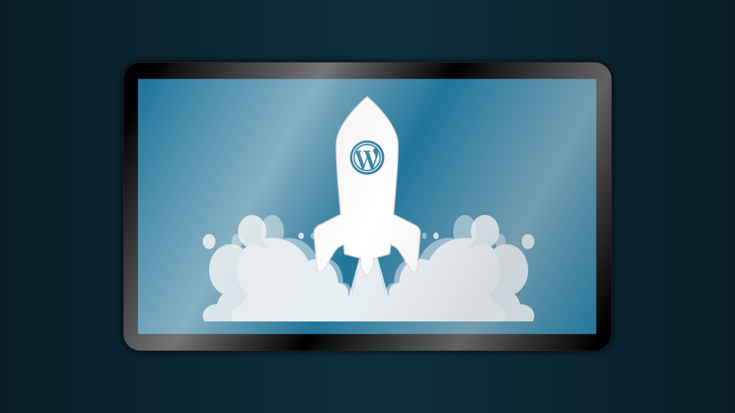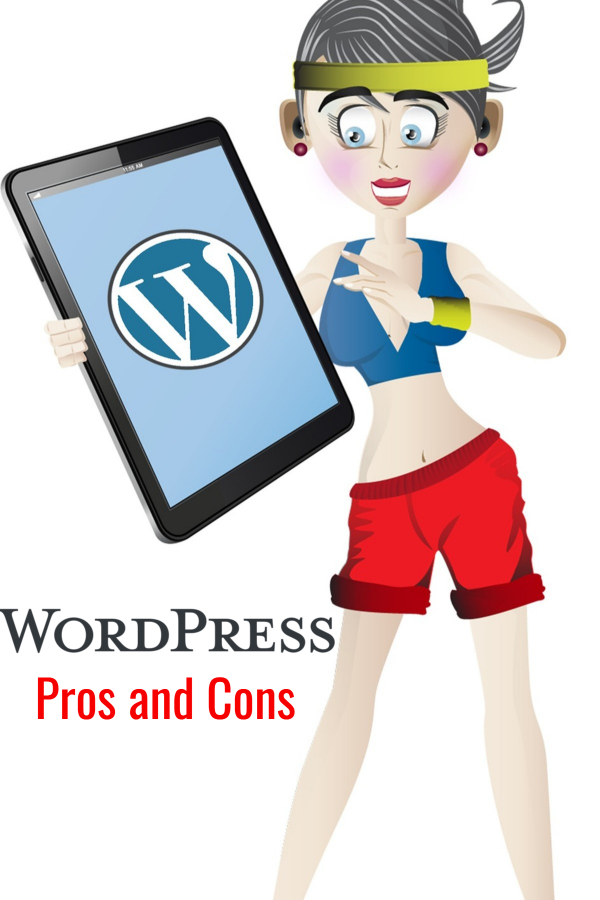Disclosure: This post may contain affiliate links, meaning we get a commission if you decide to make a purchase through our links, at no cost to you. Please read our disclosure for more info.
Last Updated on January 20, 2024 by Work In My Pajamas
As with any decision in life, there is a list of pros and cons. If you’re trying to decide what blogging platform to use for your first or next blog, then today you’ll enjoy this list of the pros and cons of WordPress for blogging. Using WordPress, the self-hosted version that has quickly become a popular option for many bloggers.
While this popular platform has some amazing benefits, there are some downsides to WordPress. Enjoy learning more about the pros and cons of WordPress for blogging.
In This Post:
The Pros of WordPress for Blogging
The CMS of WordPress is very user-friendly. This makes WordPress one of the top choices for new bloggers who are just learning to navigate the waters of running a blog. You can easily navigate through your blog dashboard to plan and organize content without having to know major website skills.
Amazing SEO
With over 50,000 plugins for WordPress, bloggers have found that SEO is amazing when it comes to using WordPress for blogging. The plugins and tutorials via WordPress allow you to develop appropriate SEO for your blog without having to know a lot about search engine optimization.
Responsive
With many free and paid blog themes to choose from, WordPress has a significant amount of responsive blog layouts to choose from. This allows bloggers to develop a highly responsive blog that works well on any electronic device without knowing any coding skills.
Kim uses Wordpress – Check it out for free!
The Cons of WordPress for Blogging
Open Source Vulnerability
Since WordPress is an open source platform, it is easily hacked. Many bloggers have complained about their blog being taken down by hackers. WordPress for blogging may be a beneficial, user-friendly platform but due to its design, it’s easily hacked.
Slow to Load
No matter what you use for a theme or a limited number of plugins on your WordPress blog, it may be slow to load. WordPress has a lot of extra, generic code that isn’t necessary and in turn, slows your blog load time down significantly at times.
Update Issues
If you enjoy having a customized WordPress blog, you’ll soon find that the required WordPress platform updates will trigger some funky behavior on your blog. If you don’t have tech-savvy skills or a tech person on your team, this can really cause a financial mess for you.
Using WordPress for blogging may have its pros and cons. The list I shared today will help open your eyes to both the benefits and downfalls of using WordPress for your blogging platform. It’s up to you to evaluate what will be worth the risk or not. WordPress for blogging is truly an easier platform to set up and use, but be mindful of the weaknesses it has too.
Check out WordPress for yourself by creating a free blog!




